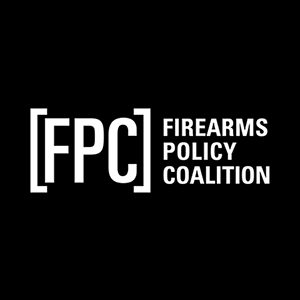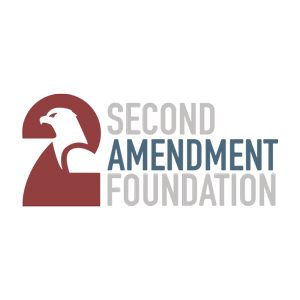
A Delaware state court struck down the state’s ban on firearms ownership for adults between the ages of 18 and 21, citing the obvious conclusion that such a ban is unconstitutional, just as it would be for any other enumerated right. However, the opinion is wrought with other areas of concern that show the court’s hostility towards Second Amendment rights.
In an opinion issued by Judge Reneta L. Green-Streett, on Friday, August 29, out of the Superior Court of the State of Delaware, the court granted the plaintiff’s motion for summary judgment in a case known as Birney v. Delaware Department of Safety and Homeland Security.
The case challenged House Bill 451, signed into law on June 30, 2022, which “prohibits the unlawful dealing of dangerous weapons, including firearms,” and bars individuals between the ages of eighteen and twenty-one from, “purchasing, owning, or otherwise receiving certain firearms, including handguns,” with some limiting exceptions for shotguns and muzzle loaders or by obtaining a concealed carry permit for handguns.
In writing the law limiting the rights of young adults, the General Assembly defended their position by forwarding the idea that, “there is conclusive scientific research that shows that the human brain is still developing in young adults 18 to 21 which impacts their decision making, self-control, aggressive impulses, and risk-taking behavior.”
HB 451 also attempted to redefine the word “adult” to a “person 21 years of age or older” and to replace the phrase, “child under 18” with the phrase “person under 21,” a move which has significant legal consequences in other areas of law.
The court observes that, “Defendants, in stating, ’18-to 20-year-olds [sic] are not part of “the people” in the Second Amendment or “a person” in the Delaware Constitution,’ appear to advance the idea that 18-to-20-year-olds are not entitled to Constitutional protections.”
And indeed, that is exactly what the legislature would have, in full violation of both common sense and every legal standard in the United States. However, the opinion does not once cite the U.S. Constitution, but to the Delaware State Constitution.
Interestingly, the court found evidence that 18-year-olds are legally adults by pointing out the contradictory nature of the text in HB 451 itself, which states that a prohibited person “who is 14 years of age or older but not yet 18 years of age” must participate in an educational program related to a rehabilitation program to resume exercise of those rights.
“In short, HB 451’s changes… reflect an understanding that 18-year-olds are adults, but nevertheless attempt to restrict their rights as if they were still children…” observed the court.
What the court writes as a footnote in the decision seems to summarize the entire case:
It bears noting that Defendants could not point to any other right enshrined in the Delaware Constitution that does not attach at 18. Their attempt to analogize purchasing a gun to purchasing alcohol or tobacco – mirrored in the pretext of HB 451 – fails to recognize the difference between a right protected by the Delaware Constitution and a privilege conferred by statute.
Alarmingly, although the court strikes down the statute, it does apply “intermediate scrutiny” – a form of interest balancing prohibited by Bruen – throughout its decision. In fact, the victory in this case is barely achieved, with the court admitting, “…the Court finds that restricting access to any class of firearm reasonably relates to the objective of decreasing firearm-related offenses.”
The state is likely to appeal this decision.


















“there is conclusive scientific research that shows that the human brain is still developing in young adults 18 to 21 which impacts their decision making, self-control, aggressive impulses, and risk-taking behavior.”
But voting (for socialists)? That’s totes OK!